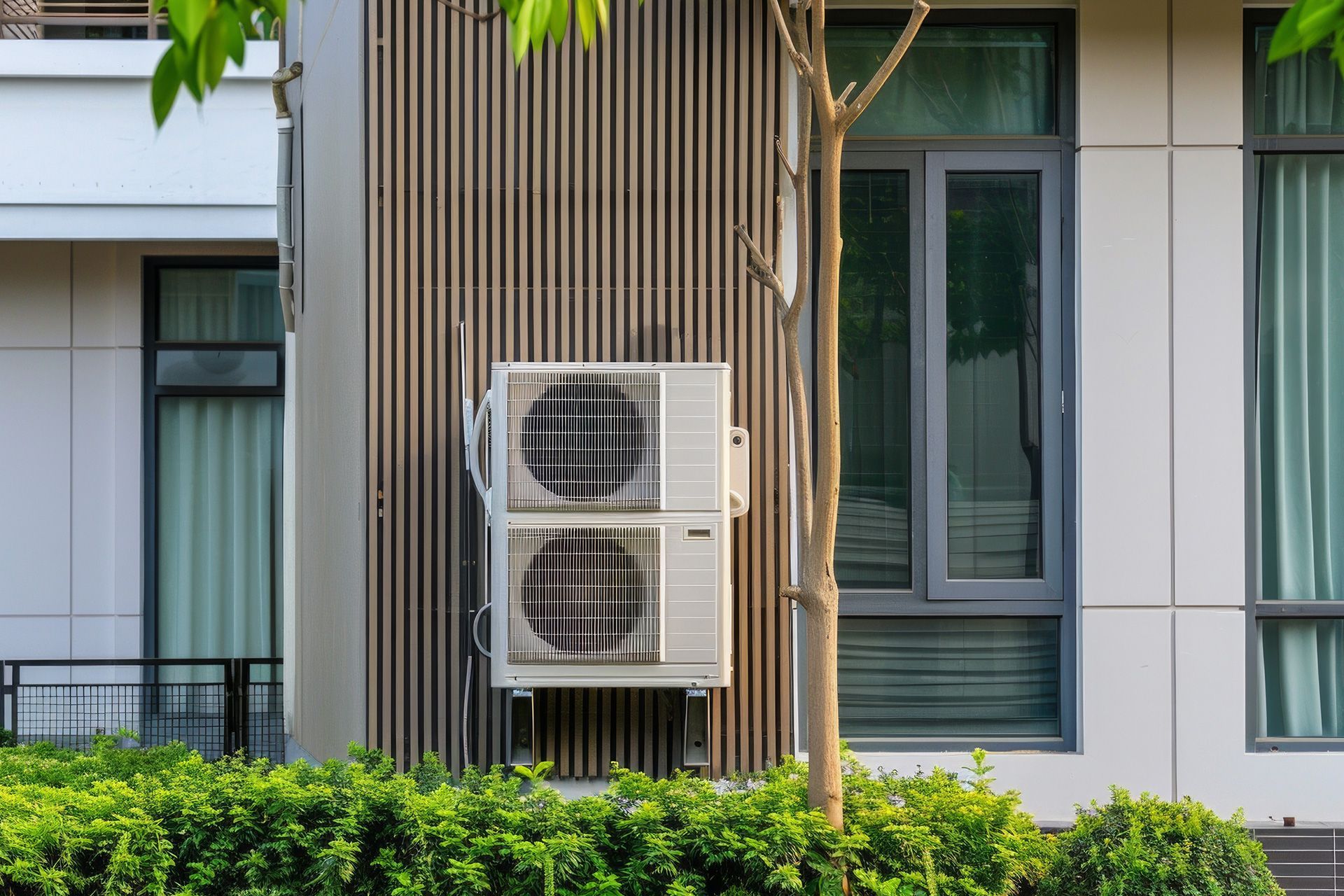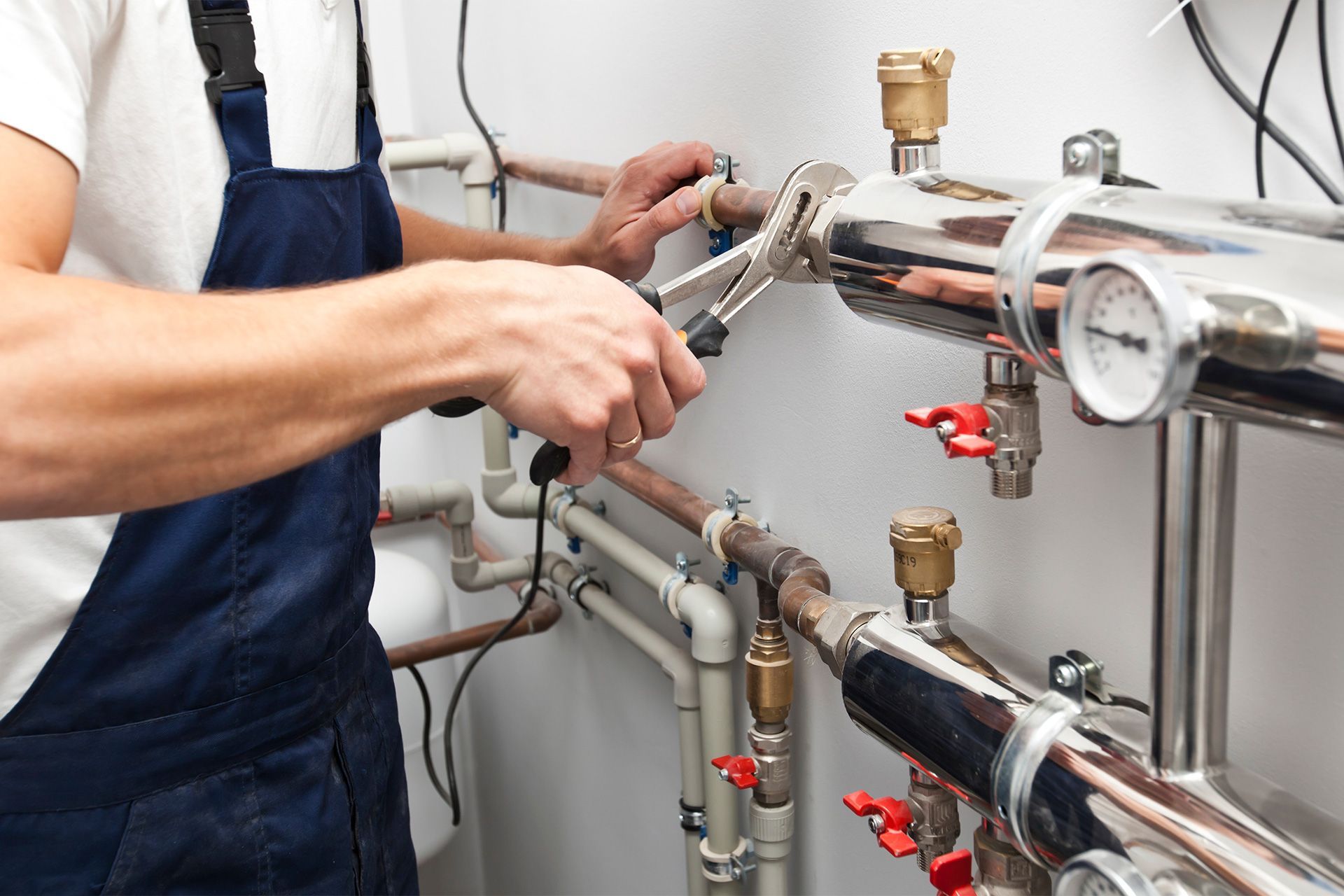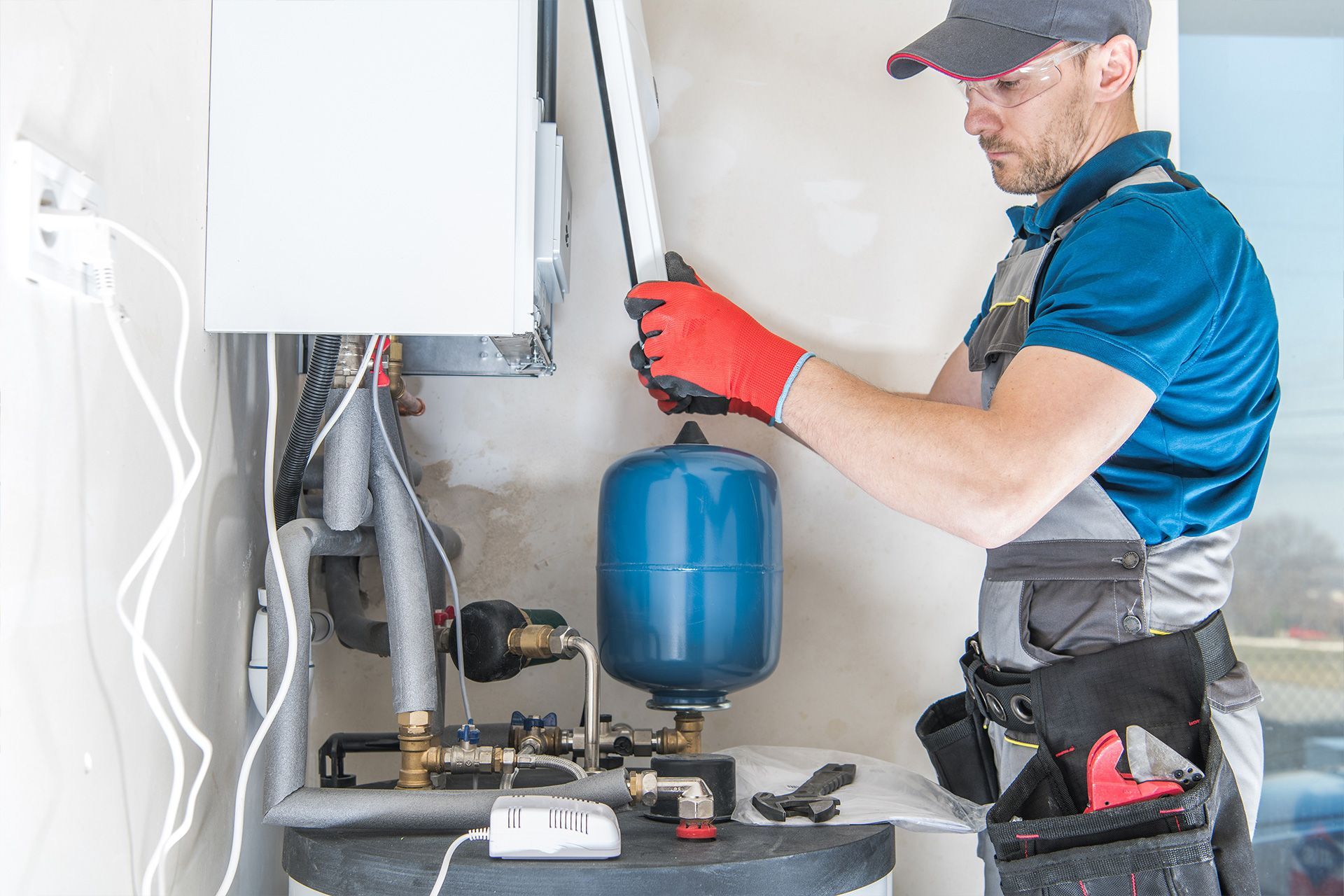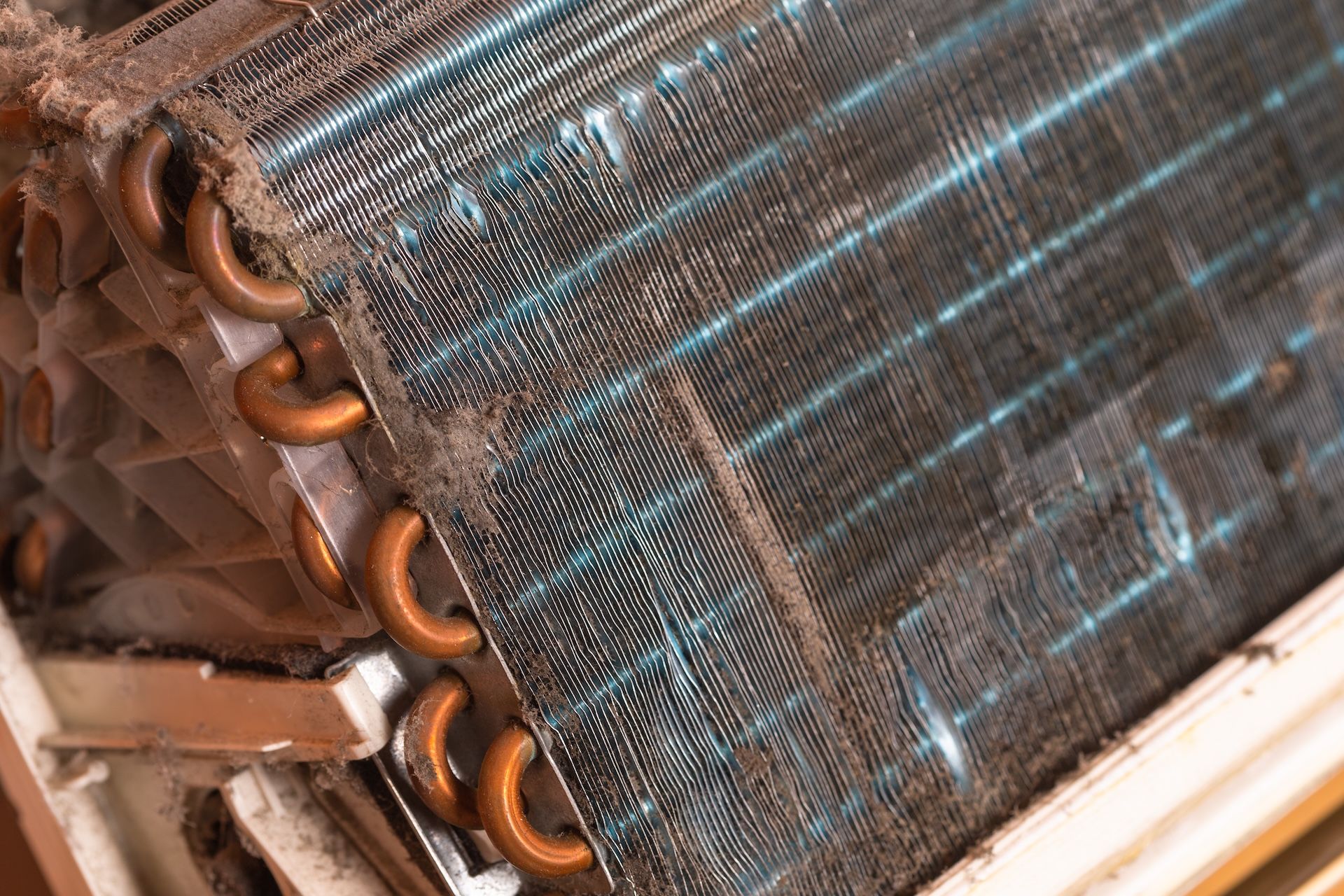Can Solar Generators Power a House? A Simple Guide for Homeowners

Many homeowners in the USA are looking for clean and affordable ways to power their homes. Solar panels are already popular, but a new question is rising: Can solar powered generators power a house?
The short answer is yes, sometimes. But it depends on the size of your home, how much energy you use, and the type of solar generator you choose.
In this guide, we’ll explain how solar generators work, when they can power a home, and what you should know before buying a solar generator for household use.
What Is a Solar Powered Generator?
A solar powered generator collects energy from the sun and stores it in a battery. It is not the same as a gas generator. Instead of using fuel, it uses sunlight.
A solar generator has four main parts:
- Solar panels – collect sunlight
- Charge controller – protects the battery from overcharging
- Battery – stores the electricity
- Inverter – turns battery power into electricity that your home can use
Because they use sunlight, solar generators are quiet, eco-friendly, and low-cost to run.
Can a Solar Powered Generator Run a Whole House?
A solar generator can power a house, but not all solar generators are strong enough. It depends on:
- The
wattage of the generator
- The
battery size
- How many appliances do you want to run
- How much sunlight your area gets
Small solar generators are great for camping or charging phones. But a solar generator for house needs to be much larger, big enough to handle major appliances like refrigerators, HVAC systems, and lights.
For example:
A typical home uses around 900 to 1,200 watts at any given time (sometimes more).
But during peak use, like when the AC turns on, the power needs can jump much higher.
So, the real question is not “Can a solar generator power a house?”
It is: “Can it power your house based on your daily use?”
What Can a Solar Generator Power in a Home?
Most mid-size and large solar powered generators can run:
- Lights
- Wi-Fi router
- TV
- Laptop and phones
- Fans
- Mini-fridge or refrigerator
- Microwave (short use)
High-end solar generators can even run:
- Window AC units
- Space heaters
- Washing machines
- Well pumps
However, a whole-home HVAC system usually needs more power than most portable solar generators can provide. They require a large battery bank and a high inverter capacity.
Benefits of Using a Solar Powered Generator
Solar generators are becoming more popular in the USA for several reasons:
1. No Fuel Needed
They run on sunlight, so you don’t have to store gasoline or worry about shortages.
2. Quiet Operation
Unlike gas generators, solar generators make almost no noise.
3. Safe for Indoors
Since they don’t burn fuel, there is no carbon monoxide risk.
4. Low Operating Costs
Once you buy the system, sunlight is free.
5. Eco-Friendly
They help reduce greenhouse gases and reliance on fuel.
Limitations of Solar Generators for Whole-House Use
Even though solar generators have benefits, there are some downsides:
1. Higher Upfront Cost
Large solar generators can be expensive.
2. Sunlight Dependence
If you live in a cloudy area or it's winter, charging may be slow.
3. Limited Power Output
Not all solar generators can support high-watt appliances like central AC units.
4. Battery Capacity
If the battery is small, it will run out quickly during long outages.
How Much Power Does the Average Home Need?
To understand whether a solar generator can power a house, we need to look at typical power needs.
Most homes in the USA use 28–32 kWh per day.
To power a whole house for a day, you'd need:
- A large battery system
- A strong inverter (usually 3,000–6,000 watts)
- Multiple solar panels for fast charging
Portable solar generators usually offer:
- 1–3 kWh battery capacity
- 1,000–2,000 watt inverters
These can power parts of a house, but not everything at once.
What Size Solar Generator Do You Need to Power a House?
Here is a simple guide:
For Basic Essentials (lights, phones, router, fan)
- 1,000–1,500 watt inverter
- 1–2 kWh battery
For Medium Use (fridge, microwave, TV, lights)
- 2,000–3,000 watt inverter
- 2–4 kWh battery
For Whole-House Backup
- 5,000+ watt inverter
- 10+ kWh battery system
- Several solar panels
To power central air conditioning, you may need an even larger system or a hybrid setup.
Best Times to Use a Solar Generator for a Home
Solar powered generators are great in certain situations:
1. Power Outages
They can keep essentials running during storms or emergencies.
2. Off-Grid Living
If you live in a rural area, they can support daily power needs.
3. Reducing Electric Bills
Some homeowners use solar generators to power specific appliances during peak hours.
4. Outdoor Use
Great for backyards, cabins, RVs, and camping.
Should You Use a Solar Generator or Install Whole-Home Solar?
Here is a simple comparison:
Solar Generator
- Portable
- Low maintenance
- Works during outages without fuel
- Limited capacity
Whole-Home Solar + Battery
- Can power the entire home
- More expensive
- Needs professional installation
- Not portable
If your goal is to run your whole home daily, a full home solar energy system is better.
But if you want backup power, a solar generator is a smart and affordable option.
Tips for Choosing the Right Solar Generator for Your House
1. Check the inverter size
This tells you how many watts the generator can handle at one time.
2. Look at battery capacity (kWh)
Higher capacity means longer runtime.
3. See how fast it charges
More solar panels or fast charging options are better.
4. Choose a trusted brand
Always buy from a company with strong reviews and warranties.
5. Measure your home’s energy needs
Know what appliances you want to run before choosing a system.
Final Thoughts
A solar generator for house use can power many essential appliances and offer a safe, clean backup during outages. While a single solar generator may not run everything in a home, especially large HVAC systems, it is a smart and reliable tool for emergencies, off-grid use, and reducing dependence on fuel.
Want help choosing the best solar generator or HVAC solution for your home? Contact Old School Cooling today!
FAQs About Solar Generator
Can a solar powered generator run central air conditioning?
Most portable solar generators cannot run central AC. You would need a very large system with a high inverter capacity and big battery bank.
How long can a solar generator power a house?
It depends on battery size. A mid-size solar generator can power essentials for 6–12 hours. Large systems can last 1–2 days with good sunlight.
Are solar generators better than gas generators?
They are cleaner, quieter, and safer. However, gas generators often provide more power and run longer during emergencies.
Can a solar generator work at night?
Yes. It runs on stored battery power, but it needs sunlight during the day to recharge.
How many solar panels do I need for a solar generator?
Most systems use 2–6 solar panels, depending on how fast you want to charge.
Are solar generators worth it?
Yes, especially for backup power, emergency use, and small-to-medium home needs.
Disclaimer: The information on this website and blog is for general informational purposes only and is not professional advice. We make no guarantees of accuracy or completeness. We disclaim all liability for errors, omissions, or reliance on this content. Always consult a qualified professional for specific guidance.






